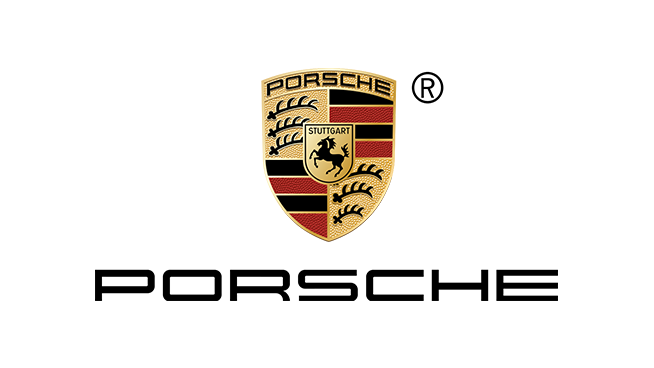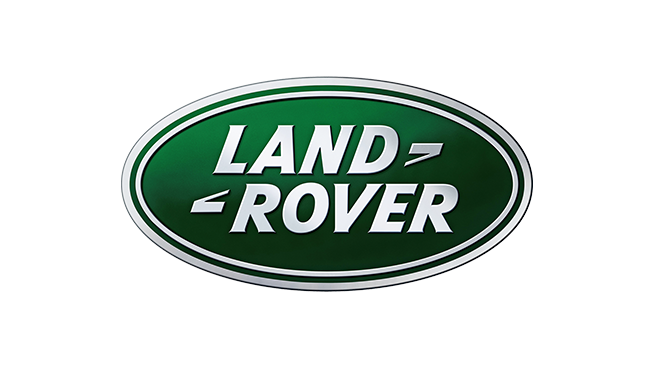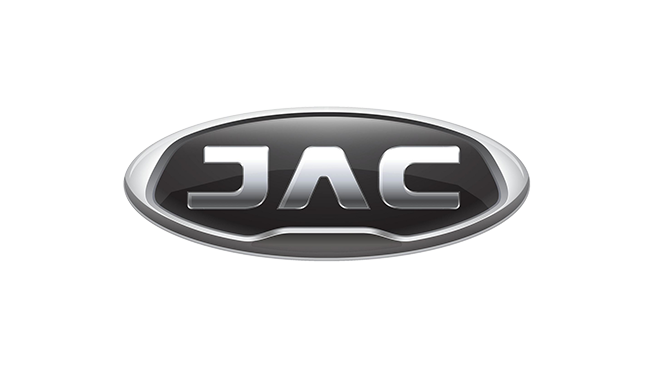Blog
5 Keys to Effective Table Management
Effective Plank Management
In the face of a constantly evolving business and operating environment, panels must stay agile in their ability to drive companies to long-term success. This speed is as much a responsibility to the person members in the board since it is to mature management.
The very best boards understand that their needs and priorities can change at any time, whether it is a specific project or maybe a longer-term transitional phase inside the company. As a result, they regularly assess if their current aboard demographics suit the organization’s need at that time in time, after which recruit fresh board participants or outside talent to fill some of those gaps.
Persons and Traditions
Boards are likewise responsible for fostering an organizational culture that supports all their strategic desired goals. https://boardroomevent.com/data-security-—-a-note-on-standards-and-certifications/ This includes proactively building relationships with stakeholders outside the company, improving internal conversation, and leveraging the talents of individual table members.
Leadership Activities
Furthermore to overseeing mission-critical concerns, boards can easily and should engage in leadership activities, including increasing funds, responding to community strains and building strong cable connections with workers. These activities are necessary for an organization to achieve their strategic desired goals and meet the requirements of regulators and other essential stakeholders.
Identifying and Credit scoring the Skills of Directors
Based upon the rising issues, main stakeholder requirements and raising regulatory scrutiny of board effectiveness, planks need to identify and range the skills and type of experience that are required individual board. This analysis, which should have a forward-looking positioning, enables a more accurate and objective dedication of effective plank composition, size and committee structure.



















